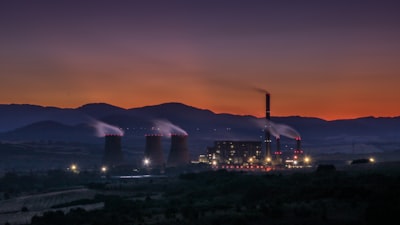In physics, energy is the quantitative property that must be transferred to an object in order to perform work on, or to heat, the object. Energy is a conserved quantity; the law of conservation of energy states that energy can be converted in form, but not created or destroyed.
Common forms of energy include the kinetic energy of a moving object, the potential energy stored by an object’s position in a force field , the elastic energy stored by stretching solid objects, the chemical energy released when a fuel burns, the radiant energy carried by light, and the thermal energy due to an object’s temperature.
Due to massenergy equivalence, any object that has mass when stationary also has an equivalent amount of energy whose form is called rest energy, and any additional energy acquired by the object above that rest energy will increase the object’s total mass just as it increases its total energy.
Human civilization requires energy to function, which it gets from energy resources such as fossil fuels, nuclear fuel, or renewable energy. The processes of Earth’s climate and ecosystem are driven by the radiant energy Earth receives from the sun and the geothermal energy contained within the earth.









